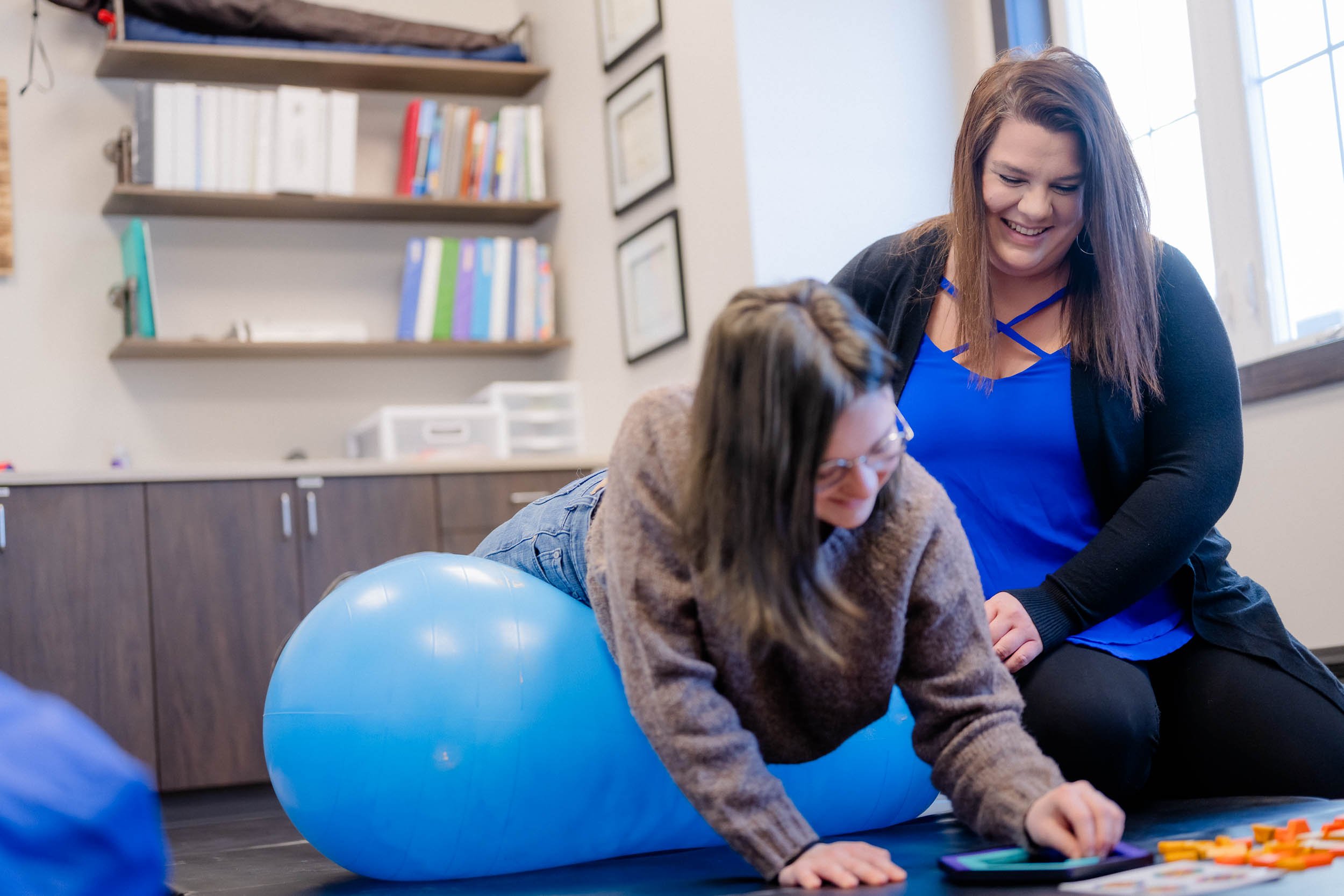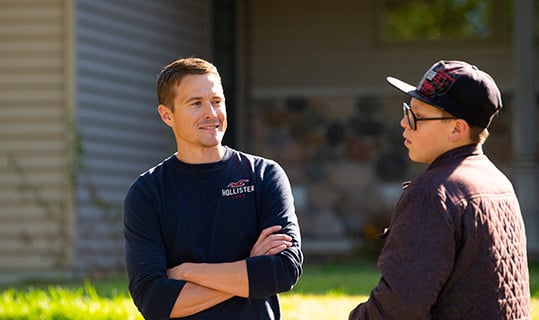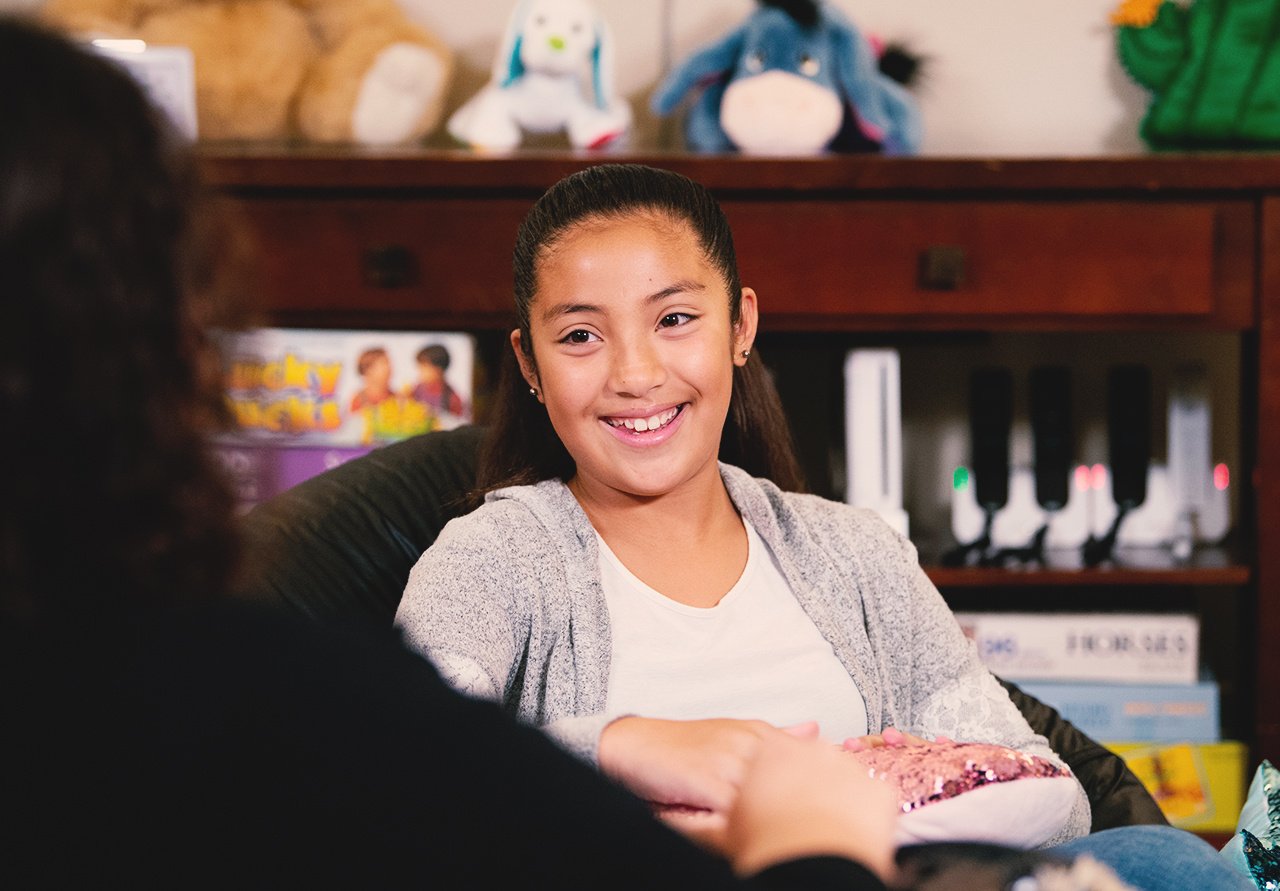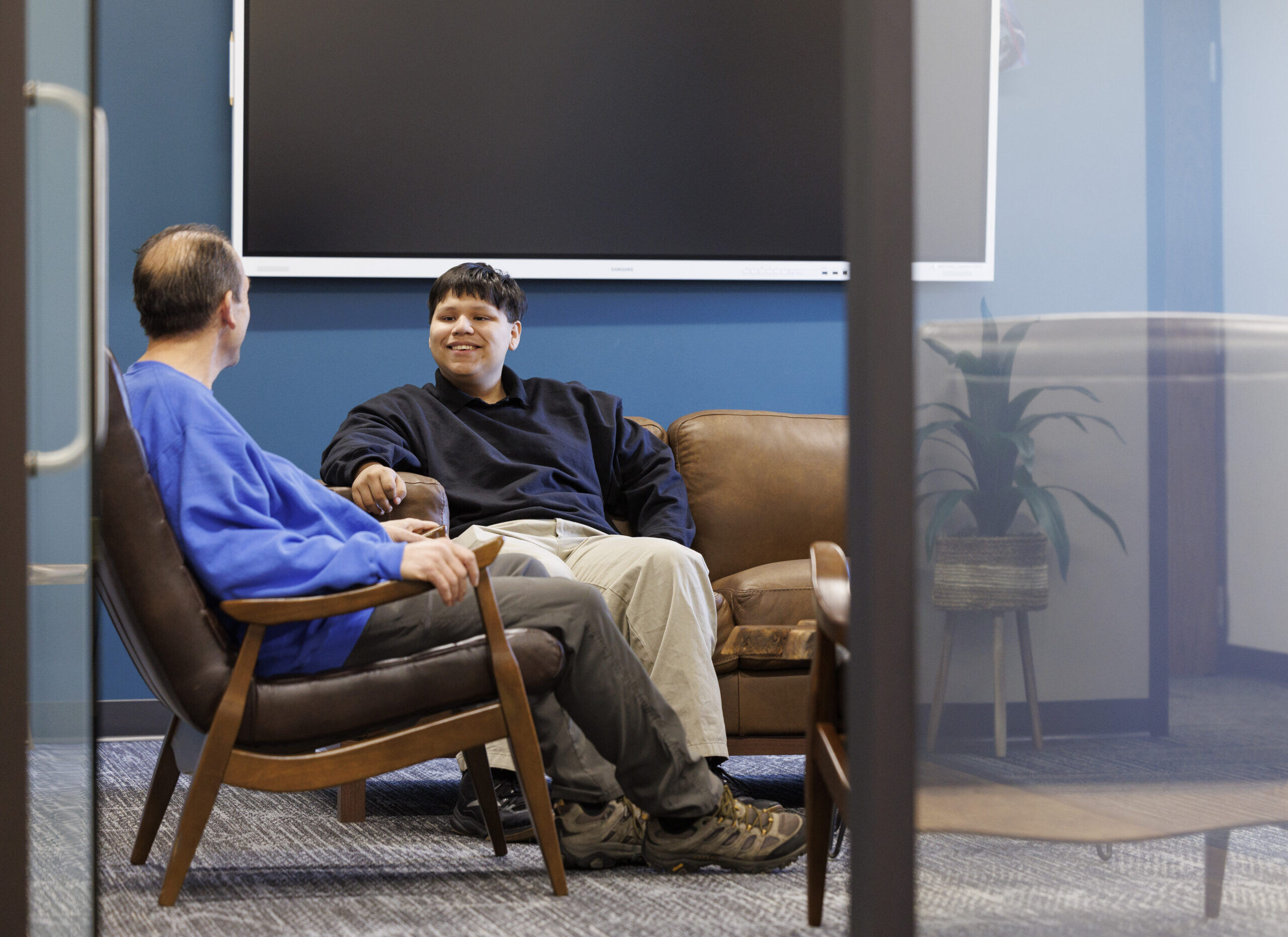
Young people typically develop the skills they’ll need as an adult during their teen years, but those skills may not come easily for teens who have disabilities or emotional, behavioral, or sensory disorders. The good news: parents don’t have to figure this out on their own. An occupational therapist can help teens work through their limitations.
What’s occupational therapy?
Occupational therapy (OT) is a medical specialty that helps people participate more fully in their lives. Occupational therapists create a custom treatment plan for each patient that focuses on specific objectives, such as increasing range of motion, learning a skill, or managing anger.
What are the benefits of occupational therapy for teenagers?
Teens may benefit from OT in several ways:
- Addresses sensory disorders: A sensory processing disorder (SPD) can interfere with a teen’s ability to learn, communicate, socialize, and perform physical activities. Occupational therapists can work with teens to develop coping mechanisms and teach them how to minimize bothersome stimuli on their own.
- Enhances school performance: Occupational therapy can help teens with the practical skills required for schoolwork, such as using a calculator and taking notes. It can also help with “soft” skills like organization and sticking to a schedule.
- Fosters independence: Occupational therapists can help teens develop the skills they need for independence and recommend supporting modifications. For example, a teen who is sensitive to traffic noise may need to wear ear protection to walk to their bus stop, or board their bus at a different stop on a quieter street.
- Reduces anxiety: OT helps teens understand their anxiety and how to manage it. Equine therapy — a specific type of therapy that uses horses — can be especially effective for reducing anxiety. Because horses aren’t judgmental, teens may feel more comfortable talking about their feelings in their presence.
- Improves balance and coordination: Teens with balance or coordination disorders benefit from OT because therapists can create simple exercise plans that help manage symptoms. Therapists typically work with patients once or twice a week over several weeks or months to monitor their progress and ensure they can continue the exercise plan on their own.
- Strengthens social skills: OT can help teens develop social skills, such as cooperation, understanding others’ perspectives, and patience. Therapists may recommend individual therapy, as well as group therapy, to help teens practice their social skills.
- Boosts self-confidence: When teens learn something new that helps them live a fuller life, they will naturally feel more confident in themselves. That confidence can help them seek out new opportunities they previously thought were out of reach.
Can occupational therapy help my teen?
Unsure whether OT is right for your teen? Consider whether they’d be able to manage these tasks and activities as an adult:
- Household chores
- Nutritious meal planning and preparation
- Self-care (bathing, grooming, etc.)
- Finding (and keeping) a job
- Managing money and paying bills on time
- Developing and sustaining relationships
- Driving or using public transportation
- Getting regular wellness care
- Reading and writing
- Understanding social cues
- Following a schedule
- Managing emotions
- Following instructions
- Responding to stress and conflict in healthy ways
- Planning for the future
How to get occupational therapy for your teen
Verify insurance.
Call your insurance company or visit their website to determine if they cover occupational therapy services at Rawhide.
Ask for a referral.
Talk to your child’s pediatrician or primary care doctor about your concerns. He or she can submit a referral to Rawhide’s therapy department.
Schedule an evaluation.
To schedule an appointment, call Rawhide’s therapy department at 1-877-300-9101 or contact us online. The evaluation will determine if your child qualifies for services and, if so, what type of treatment would be most beneficial.
Give teens more independence with Rawhide’s OT services
Rawhide’s occupational therapists have extensive experience working with teens. Through our OT programs — and our equine-assisted therapy — teens learn the skills they’ll need to flourish as adults.
How can we help your teen? We’re here to answer any questions you have about occupational therapy.










